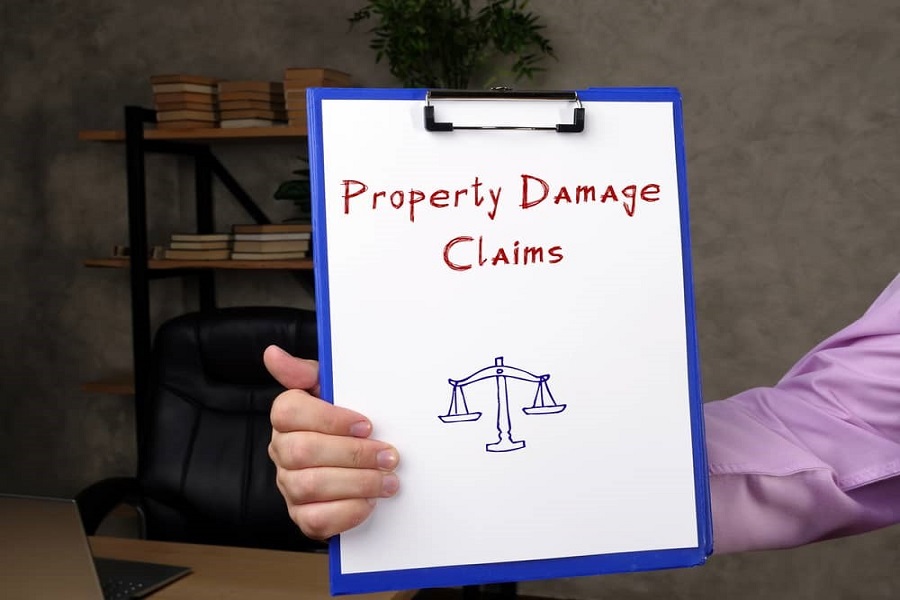Reporting property damages can be a complex task, particularly when various variables are at play. Whether it’s adverse weather conditions, on-site accidents, or unforeseen events, taking prompt action is crucial.
Tip One: Document Every Detail
Before filing a property damage claim, ensure you have all pertinent evidence readily available. This may encompass photographs of the damage, incident reports, or any relevant legal documentation. Keep your insurance policy within easy reach, and make a note of the contact number.
Maintain a log of dates, times, and names provided during the process. Additionally, record the assigned claim number and the representative’s name. This meticulous approach safeguards you against potential conflicting information.
Tip Two: Exercise Caution with Terminology
Choose your words carefully! When communicating with your insurance company, the language you use—and the information you provide—holds great significance. When addressing a business insurance claim, refrain from using absolute terms.
For instance, be discerning when using the term “flood.” If you’re dealing with water damage that doesn’t constitute a flood, the incorrect terminology could inadvertently jeopardize your coverage. Clarity and precision in your communication are paramount.
Tip Three: Seek Guidance on Damage Mitigation
Most commercial property insurance policies mandate that you take measures to mitigate any damages. By requesting guidance on mitigation efforts, you not only safeguard your property but also demonstrate your commitment to rectifying the situation.
Remember, insurance providers typically require a firsthand assessment of damages. Therefore, it’s imperative to maintain accurate records and promptly report any damages during the claims process.
Tip Four: Capture Visual Evidence
Photographic evidence is invaluable. With the prevalence of smartphones, capturing visual documentation has become incredibly convenient and effective for claims.
Ensure you retain ample copies of these images, and consider uploading them to a secure platform for safekeeping. Visual evidence often plays a pivotal role in determining the success of a claim.
Tip Five: Consider Enlisting a Public Adjuster
Evaluating the true extent of damage can be challenging until a thorough investigation occurs. While you can describe visible damages, concealed factors may remain undetected. Engaging a public adjuster in Orlando FL’s expertise may be essential in comprehensively assessing the damage.
Maintain meticulous records, document everything, and stay vigilant about ongoing developments. Situations may evolve well after the initial damages have occurred. Take your time, engage in open dialogue with your insurance provider, and prioritize the restoration of your property.
Final Words
In conclusion, handling property damage claims in Orlando FL requires a methodical and cautious approach. These tips can significantly enhance your chances of a smoother claims process. Documenting every detail, exercising precision in your terminology, seeking guidance on damage mitigation, capturing visual evidence, and considering the expertise of a public adjuster are all crucial steps in navigating the complexities of property damage claims.
By following these guidelines, you can ensure that you’re well-prepared and well-informed throughout the process, increasing the likelihood of a successful resolution. Remember that timely and thorough action is key to restoring your property and minimizing potential conflicts.

